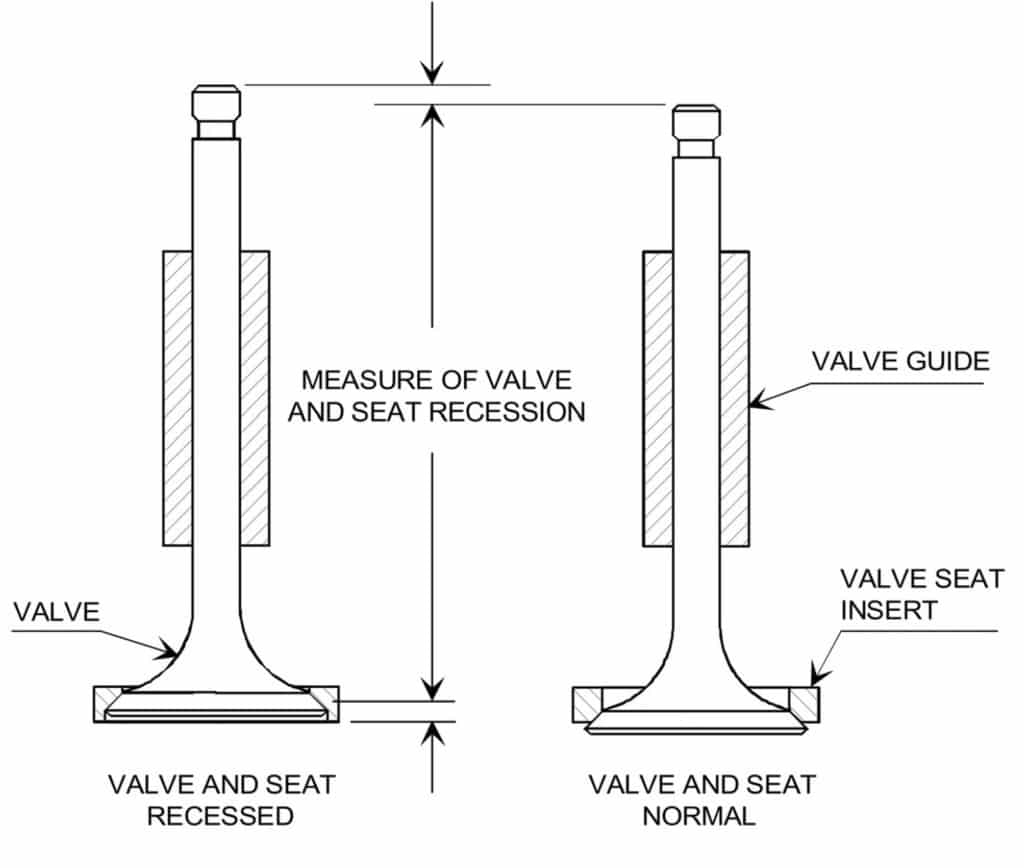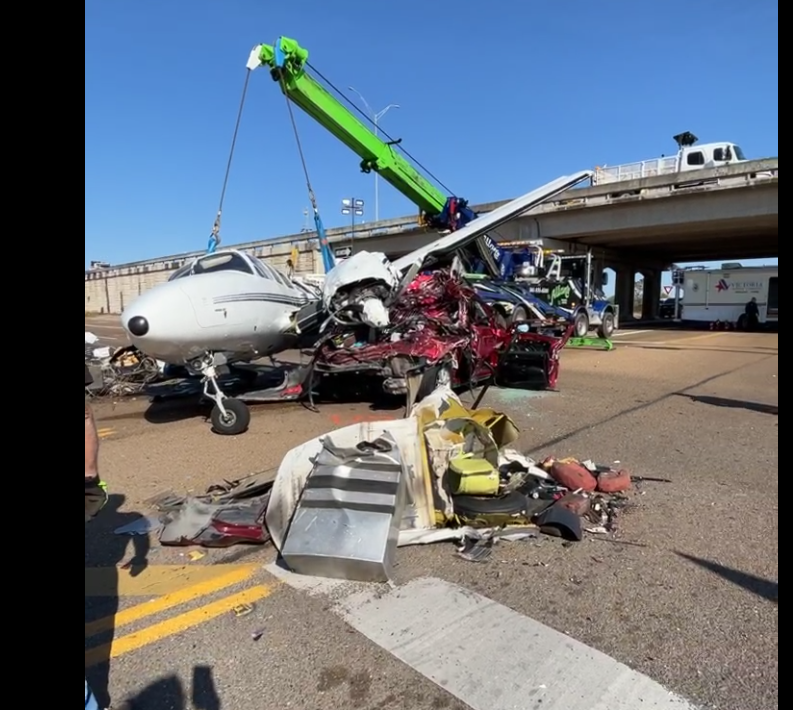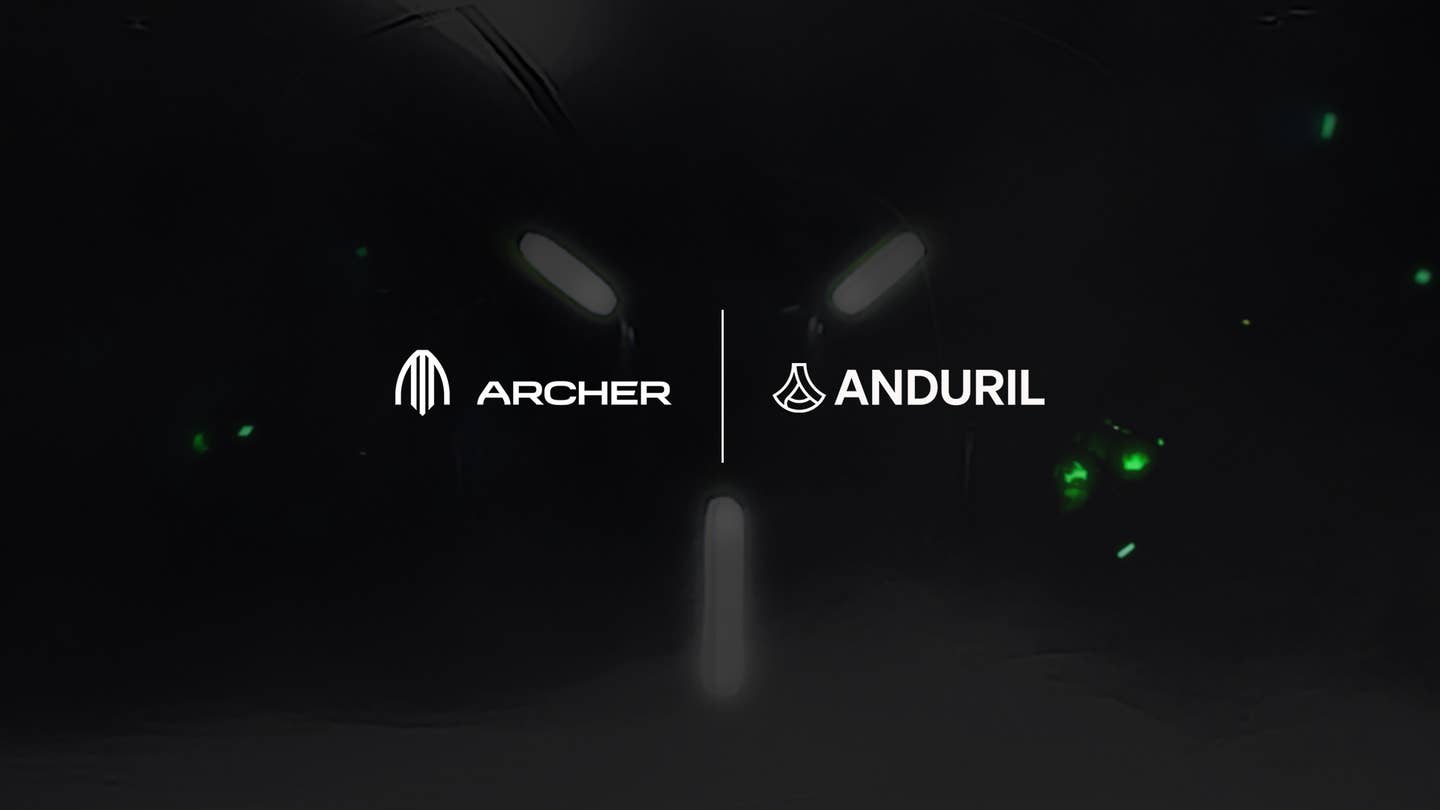Mike Busch To Probe Unleaded Fuel Valve Issues
Savvy Aviation master mechanic Mike Busch is questioning the methodology of tests done by the University of North Dakota that resulted in it abandoning the use of Swift 94UL and…

Savvy Aviation master mechanic Mike Busch is questioning the methodology of tests done by the University of North Dakota that resulted in it abandoning the use of Swift 94UL and going back to 100LL in its training fleet. The school made the switch back to leaded fuel last fall because it detected significant valve seat recession (VSR) in the Lycoming engines in its Piper Archers. VSR occurs when the valve seat erodes and the valve sinks deeper into the seat over time, possibly resulting in burned valves.
UND and Lycoming have not discussed the test results publicly but Busch, in his regular online newsletter, speculates that UND's measurement of dry tappet clearance, the distance between the tappet and the top of the valve, may be imprecise. "A decrease in dry tappet clearance might indicate recession, but it might also be caused by other things, notably failure to ensure that the tappet body is totally devoid of liquid," Busch wrote. "As one experienced engine builder told me, 'There’s really no such thing as a dry tappet.'”
Busch said if UND has found that unleaded fuel causes VSR it will cause a serious wrinkle in the transition to unleaded fuel. He said the phenomenon was unheard of in engines using all types of unleaded fuel until UND detected it. Busch said that in the absence of available data from the UND Archers, he'll do his own analysis on AOPA's Beech C55 Baron, which is now flying on freshly overhauled engines, one burning 100LL and the other General Aviation Modifications Inc.'s G100UL, which is being touted as a drop-in replacement for avgas. He said his company will be doing the maintenance and data monitoring of both engines over the next couple of years and will be precisely measuring VSR down to the one-thousandth of an inch.






